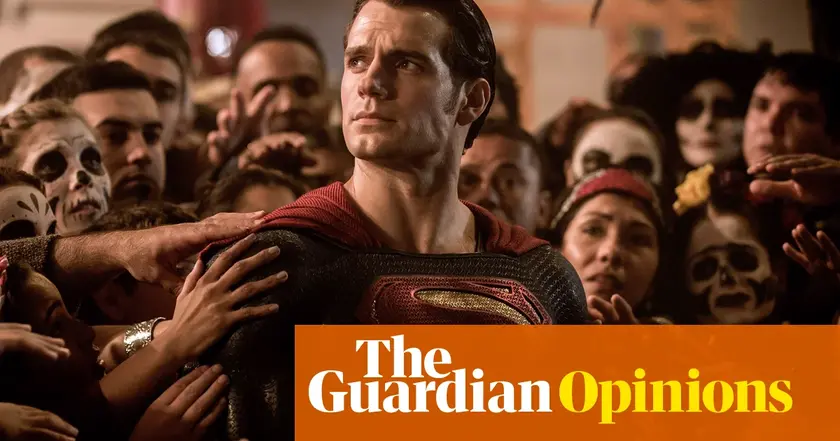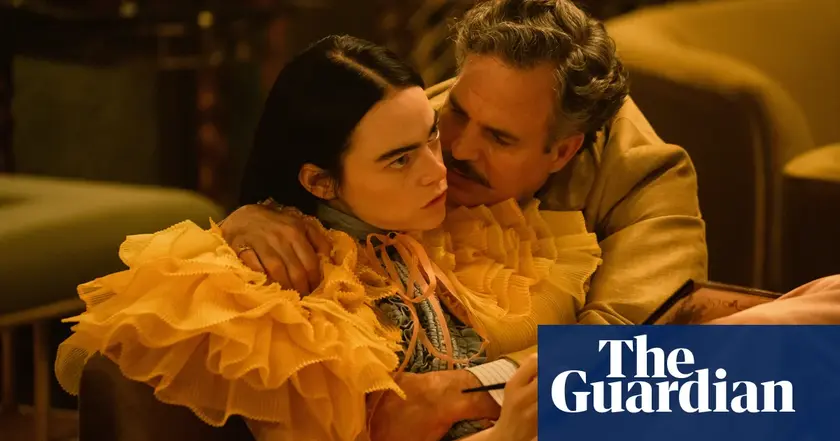T4K3.news
Sex Education features historic scene addressing disability and intimacy
Netflix's series highlights sexuality with disabled characters in a groundbreaking scene.

The third season of Sex Education features a significant scene addressing sexuality and disability.
Representation of disability in Sex Education sparks conversation
The latest season of Netflix's Sex Education introduces a groundbreaking scene involving Isaac, played by George Robinson, and Maeve. This poignant moment showcases the intricacies of sexuality within the context of disability. Following the cliffhanger of Season 2, Isaac and Maeve's relationship deepens despite previous tensions. In episode four, they share an intimate and candid exchange that highlights Isaac's comfort with his own body and desires. Fans have praised the scene as refreshing, noting that it provides much-needed representation for individuals with disabilities in romantic contexts. Robinson shared that viewers have responded positively, underscoring the importance of portraying people with disabilities engaging in love and intimacy.
Key Takeaways
""Every person with a disability deserves to see themselves on screen, especially in intimate moments.""
This quote reflects the core message of inclusivity in affectionate relationships.
""The scene illustrates that intimacy goes beyond physicality; it's about genuine connection.""
Robinson emphasizes the deeper essence of love and intimacy in the show.
""People with disabilities love; their relationships should be celebrated, not ignored.""
This statement reinforces the importance of visibility for disabled individuals in media.
""You are legitimate; never apologize for your existence.""
Robinson's empowering message encourages individuals with disabilities to embrace their identities confidently.
The scene in Sex Education represents a shift in narrative around sexuality and disability, challenging long-held societal norms. By depicting Isaac as self-assured and aware of his needs, the show empowers viewers with disabilities and fosters discussion on how we view intimacy. As George Robinson pointed out, many people with disabilities experience love and desire just like anyone else, yet such narratives are rarely explored in media. This representation not only normalizes discussions around intimacy for disabled individuals but also invites wider audiences to understand that disability does not erase one's sexual identity or relationships.
Highlights
- Representation matters in all forms of intimacy.
- This scene breaks barriers for disabled individuals.
- Sexuality exists for everyone, including those with disabilities.
- Seeing love portrayed is powerful for the disabled community.
Political sensitivity surrounding disability representation
The portrayal of intimacy involving disabled individuals can provoke backlash from conservative groups who may view it as controversial or inappropriate.
This significant representation may pave the way for more inclusive narratives in television.
Enjoyed this? Let your friends know!
Related News

Daniel Craig opens up about filming intimate scenes in Queer

Henry Cavill critiques the rise of sex scenes in films

Filmmaker Discusses Sex Scene in Together

Rose Tremain shares insights on storytelling

Ellen Pompeo discusses troubling Grey's Anatomy scene

Virgin River Season 6 Features Shocking Twists

Daniel Craig responds to criticism of Queer sex scenes

Poor Things ignites conversation about explicit content in cinema
